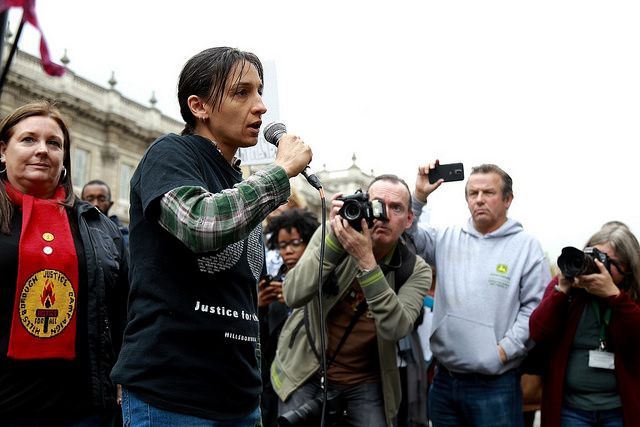Get in touch
+44 1632 96099
mymail@mailservice.com
Dissent Episode Five: The death penalty, deadlines, and DNA
source: The Intercept
published: 15 February 2023
Image Credit: Falkenpost at www.FreeRangeStock.com
Rodney Reed has been on death row since 1998 for the killing of a 19-year-old woman named Stacey Stites. Although Texas prosecutors said the case was open and shut, Reed has consistently maintained his innocence. Over the years, dozens of witnesses have come forward with evidence that undermines the state’s case, casting serious doubt on whether Reed is actually guilty.
But Texas has refused to conduct DNA testing that could put lingering questions to rest. This week on Dissent, host Jordan Smith is joined by Intercept senior writer Liliana Segura to discuss the Supreme Court’s review of the case.
Segura was in Washington, D.C., for the oral arguments, which focused on whether the statute of limitations for DNA testing has run out. Although it may seem like a straightforward question, it’s anything but — and the court’s decision could have life-or-death consequences for defendants seeking to prove their innocence.
Jordan Smith: I’m Jordan Smith, a senior reporter for The Intercept. Welcome to Dissent, an intercepted miniseries about the Supreme Court.
Frank Somerville [KTVU Fox 2]: New at 10, in San Francisco tonight, a candlelight vigil was held in support of Rodney Reed. He is a Texas death row inmate who was granted a stay of execution.
Victor Blackwell [CNN]: After more than 20 years on death row, Rodney Reed’s case is getting a second look.
Amy Goodman [Democracy Now!]: Reed’s attorney says a new investigation has uncovered evidence Stites was actually killed hours before state prosecutors claimed. The new timeline appears to implicate her fiancé Jimmy Fennell, a white former police officer, now in prison for sexually assaulting a woman.
Privacy Statements | Website powered by : Duda Website Builder | Website Developed and Managed by : First Stop Design
Postal Address
Administrative Office:
4WardEverUK
c/o 32A East Meadway
Tile Cross
Birmingham, B33 0AP
Email Us
enquiries@4wardever.org.uk
Voicemail Service
+44 0121 517 1323
Search Website
Subscribe to e-News















